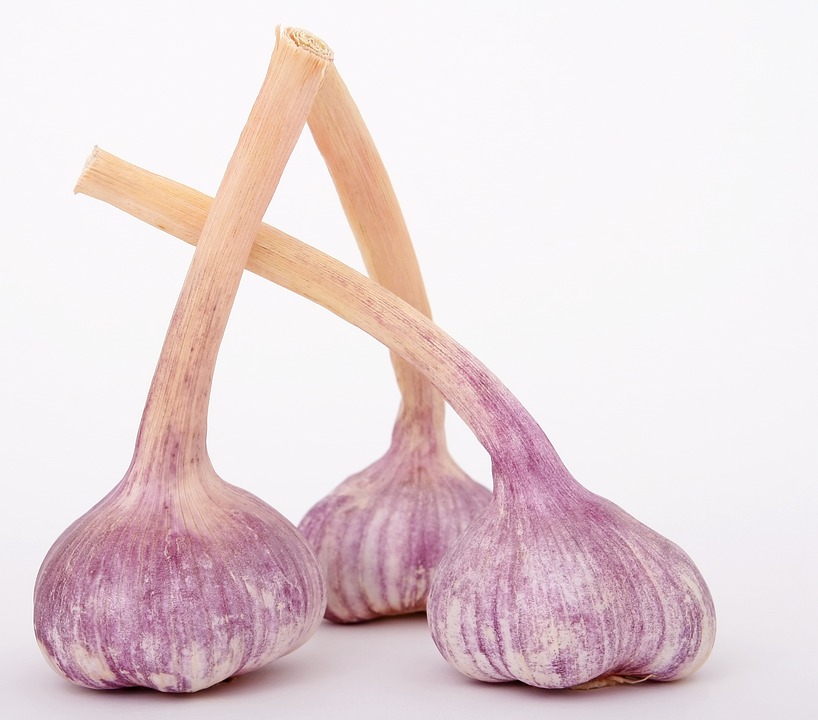Unlocking the Power of Organic Herbs: The Benefits and Uses
[ad_1]
Unlocking the Power of Organic Herbs: The Benefits and Uses
Organic herbs have gained popularity in recent years due to their numerous health benefits and diverse range of uses. These natural wonders can be incorporated into our daily lives to improve overall wellness and address various health issues. In this article, we will explore the benefits and uses of organic herbs and how they can enhance our well-being.
The Benefits of Organic Herbs
1. Improved Digestion: Many organic herbs, such as peppermint and ginger, are known for their positive effects on digestion. They can alleviate symptoms of indigestion, bloating, and stomach discomfort. Additionally, herbs like chamomile and fennel can help soothe the digestive system and reduce inflammation.
2. Natural Immune Boosters: Certain herbs, including echinacea and elderberry, have immune-boosting properties. They can strengthen the immune system, making it more capable of fighting off common illnesses like colds and flu. Regular consumption of these herbs can help prevent infections and keep you healthy year-round.
3. Stress Relief: Organic herbs like lavender and chamomile are well-known for their calming properties. They can help reduce stress and anxiety, promote relaxation, and improve sleep quality. Incorporating these herbs into your daily routine can contribute to a more balanced and tranquil lifestyle.
4. Antioxidant Powerhouses: Many organic herbs, such as turmeric and cinnamon, are rich in antioxidants. These compounds help combat free radicals in the body, which can cause cellular damage. Regular consumption of antioxidant-rich herbs can protect against chronic diseases, support cardiovascular health, and slow down the aging process.
The Uses of Organic Herbs
1. Culinary Delights: Organic herbs are popular ingredients in culinary creations. They add delightful flavors and aromas to dishes, enhancing the taste experience. Cooking with herbs like basil, rosemary, and thyme can elevate your meals to a whole new level. Experimenting with different herb combinations can open up a world of delicious possibilities in the kitchen.
2. Herbal Teas: Brewing aromatic herbal teas is a common way to enjoy the benefits of organic herbs. Whether you’re sipping on a calming cup of chamomile tea or indulging in a refreshing mint tea, each herbal blend offers specific health benefits. Herbal teas are not only soothing but also provide an enjoyable way to experience the power of herbs.
3. Natural Remedies: Organic herbs have long been used in traditional medicine for their healing properties. From herbal infusions, tinctures, and salves to essential oils, there is a wide array of natural remedies available. For instance, aloe vera can soothe burns and cuts, while ginger can alleviate nausea. Incorporating these remedies into your healthcare routine can promote holistic well-being.
4. Beauty and Skincare: Many organic herbs have great potential when it comes to beauty and skincare. For example, aloe vera is known for its moisturizing and soothing properties, while lavender can promote relaxation and relieve skin irritation. Utilizing herbs in DIY beauty products or opting for skincare products containing herbal ingredients can enhance your skin’s health and appearance.
Conclusion
Unlocking the power of organic herbs can significantly impact our overall well-being. Their numerous health benefits and versatile uses make them an invaluable addition to our daily routines. From improving digestion and boosting the immune system to providing stress relief and acting as potent antioxidants, organic herbs have the potential to transform our lives for the better.
Frequently Asked Questions (FAQs)
1. Are organic herbs safe to consume?
Yes, organic herbs are generally safe for consumption. However, it is important to follow recommended dosages and consult with a healthcare professional, especially if you have any underlying health conditions or are taking medications.
2. Can I grow organic herbs at home?
Absolutely! Growing organic herbs at home is a rewarding and sustainable practice. You can start with a small herb garden, either in pots or directly in your backyard, and enjoy the benefits of fresh herbs right at your fingertips.
3. Are organic herbs more beneficial than conventionally grown ones?
Organic herbs, grown without the use of synthetic pesticides and fertilizers, are believed to be more beneficial due to their higher nutrient content. They also help protect the environment and minimize our exposure to potentially harmful chemicals.
4. Can herbs interact with medications?
Yes, some herbs can interact with certain medications. It is crucial to inform your healthcare provider about any herbs or herbal supplements you are taking to avoid potential interactions or adverse effects.
[ad_2]

